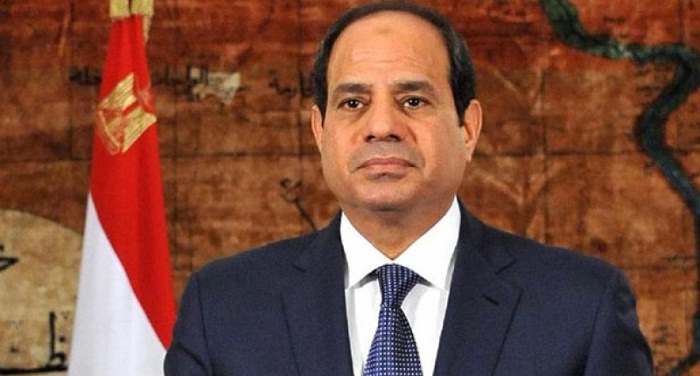He underlined that Egypt`s situation was different to that of Europe.
The retired field marshal led the army`s overthrow of President Mohammed Morsi in 2013 following mass protests.
Since then, hundreds of people have been killed and more than 40,000 are believed to have been jailed in a crackdown on dissent.
Most of them have been supporters of the outlawed Muslim Brotherhood, but secular and liberal activists have also been prosecuted for breaking a 2013 anti-protest law that gives the interior ministry the power to ban any gathering of more than 10 people.
`Stability`
In an interview with the BBC in Cairo before he embarked on his first official visit to the UK, Mr Sisi said Egypt was still on a path to democracy that started with the 2011 revolution that toppled President Hosni Mubarak, but needed time to achieve its goals.
"We want to carry out the will of the Egyptian people," he said. "They have been calling for change for four years. We want to honour their choice and will do our best to achieve a better democratic future for them."
"What has been achieved in our experience may not be the best, but we are going ahead with it and we will make further progress," he added.
Mr Sisi said the low turnout in the first round of the parliamentary elections last month was neither unexpected nor evidence of growing disillusionment with his rule.
He also defended the anti-terrorism legislation he enacted in August, which activists said further eroded basic rights and enshrined a permanent state of emergency.
More about:
















































